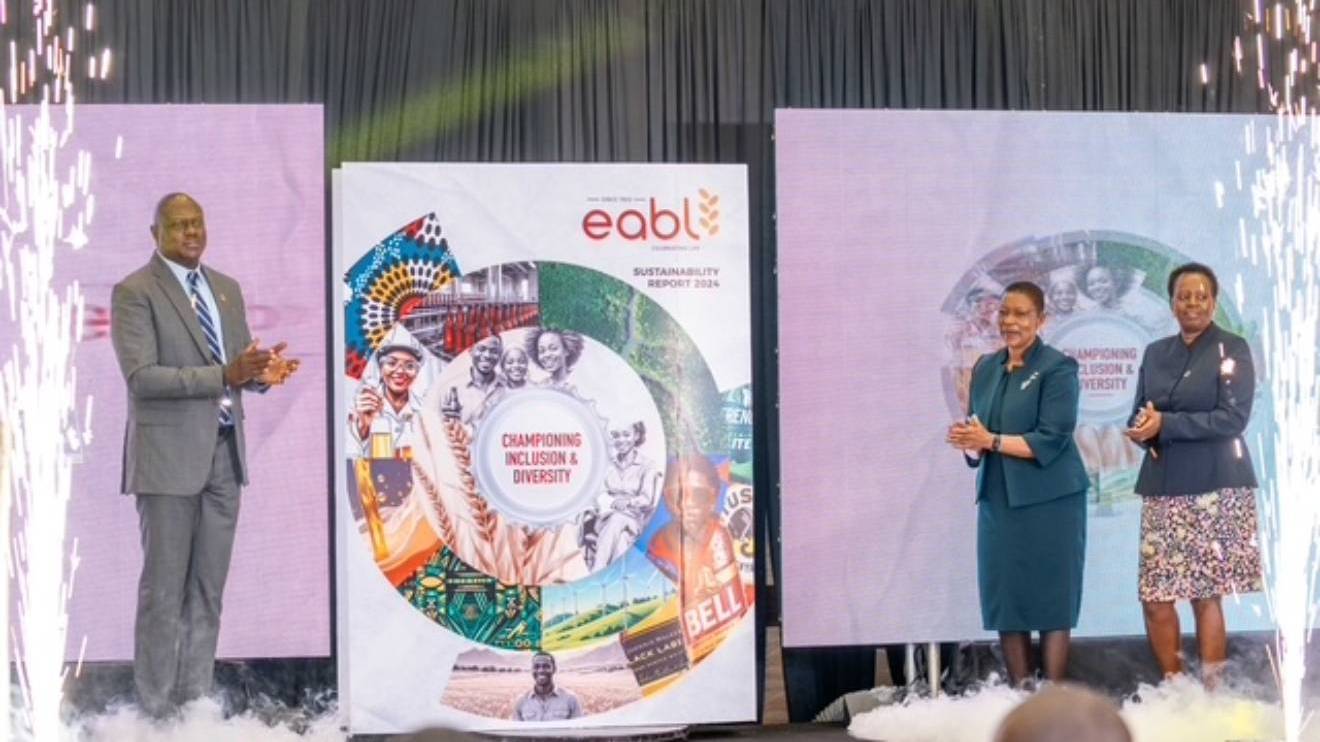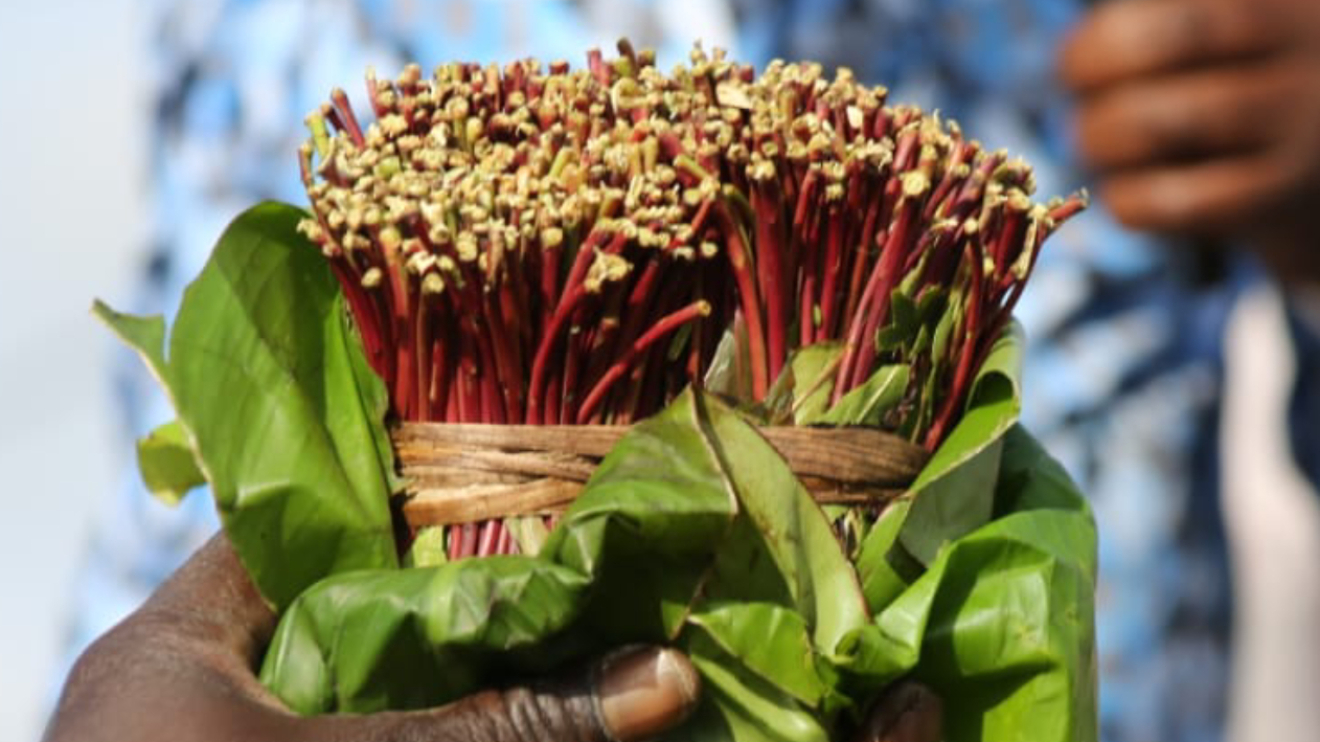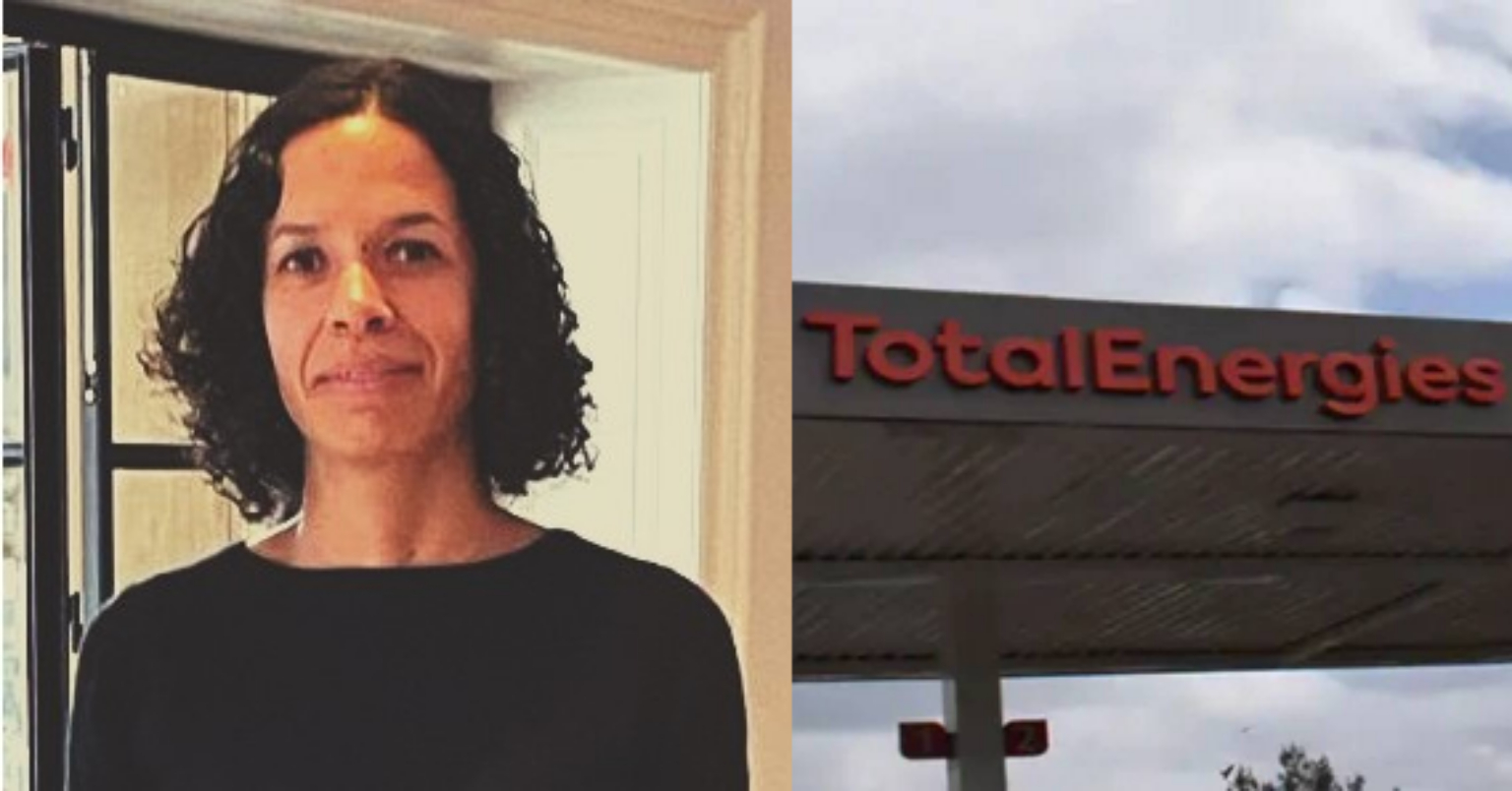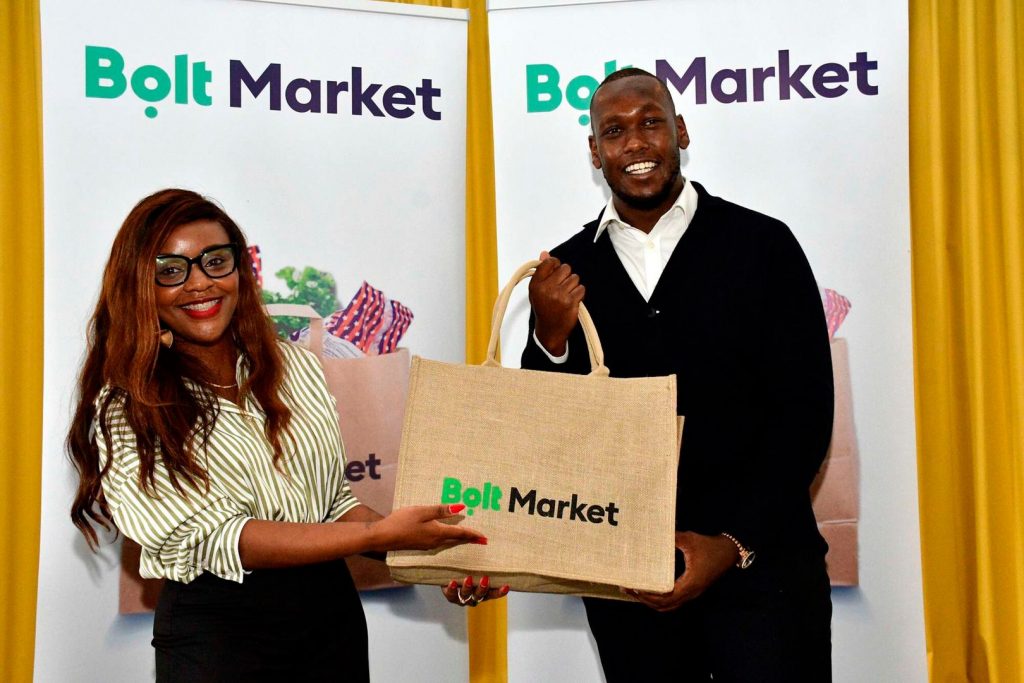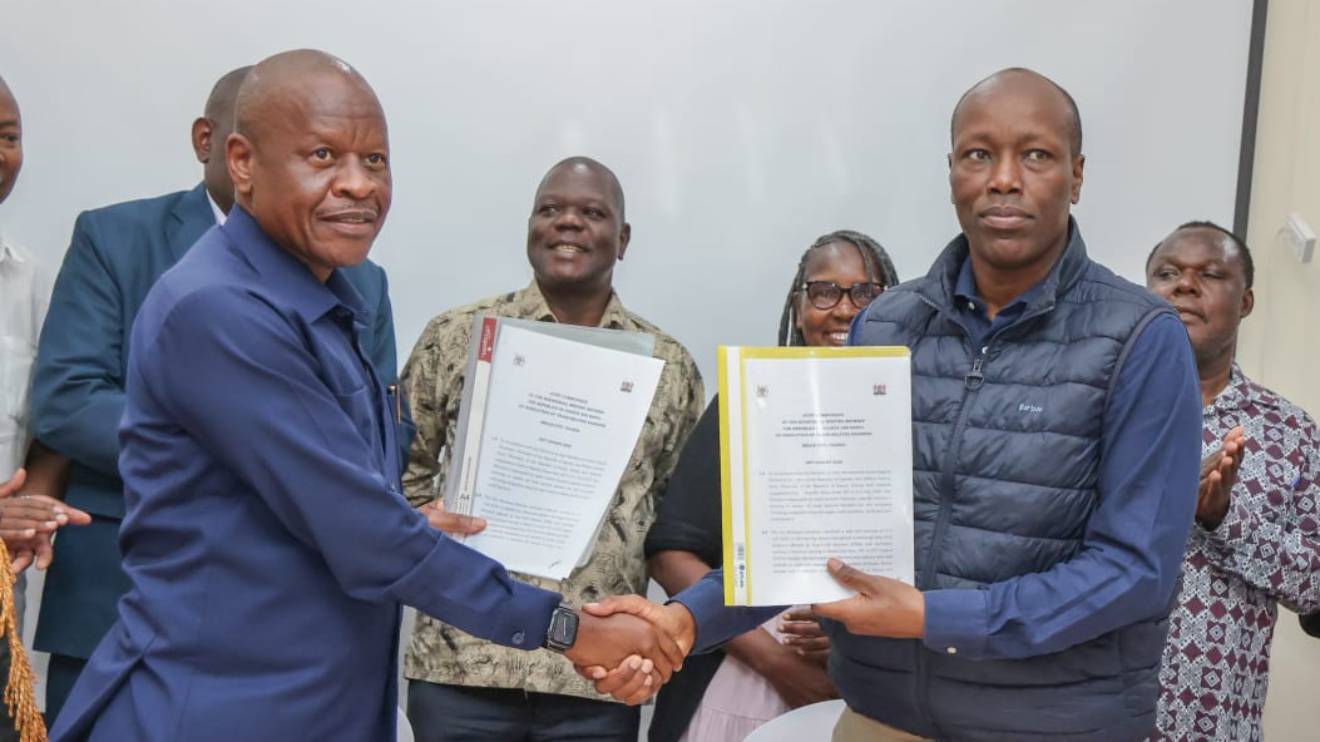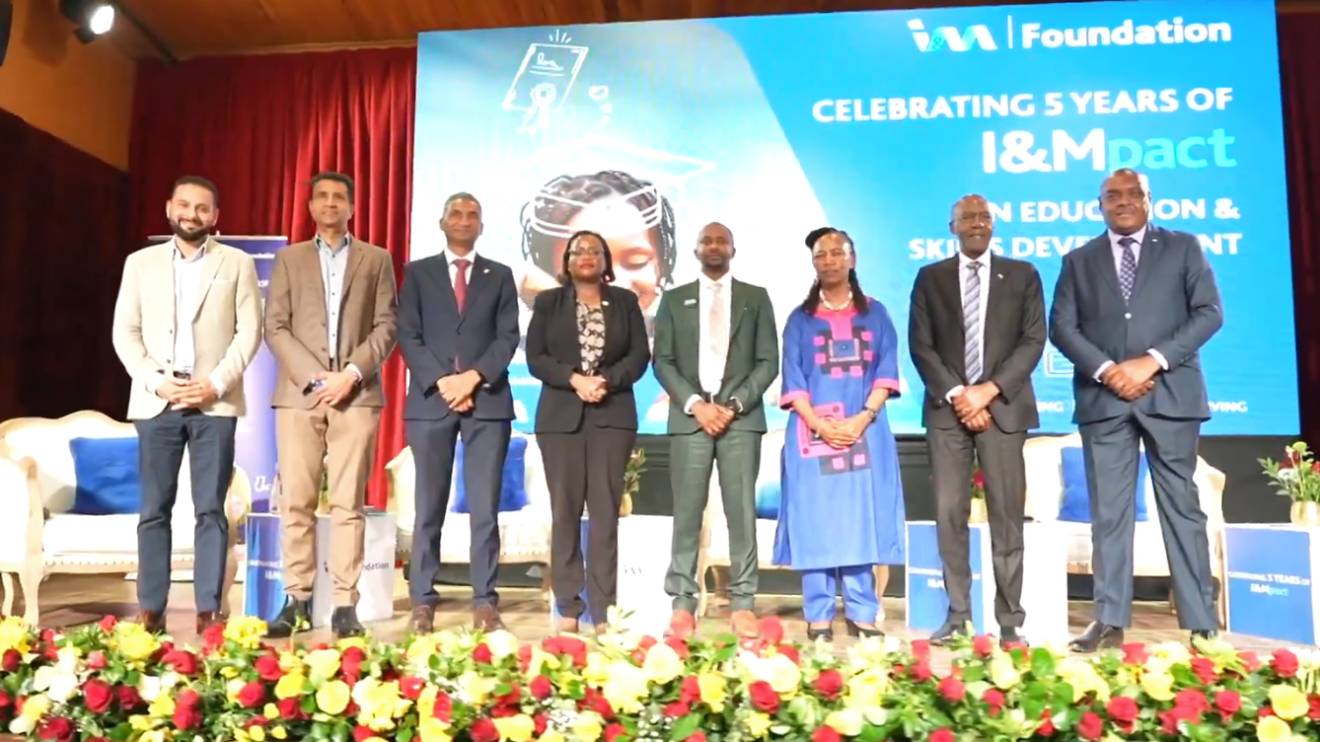East African Breweries PLC (EABL) has gone beyond the bottle, investing an impressive Sh5.9 billion in enterprises owned by youth, women, and Persons with Disabilities over the last financial year.
This bold move, disclosed in the company’s latest Sustainability Report, exceeds expectations, with 7.9 per cent of EABL’s total supplier base now represented by these marginalised groups, far outpacing the original 6 per cent target.
This strategic investment underscores EABL’s mission to shake up the status quo and transform its supply chain into a beacon of economic inclusivity.
By actively supporting underrepresented entrepreneurs, the company is championing not just diversity but also long-term economic growth, giving traditionally sidelined communities a seat at the table.
Key industry players and stakeholders celebrated the report's launch and praised EABL for its leadership in environmental and social governance (ESG).
Read More
At the event, Attorney General Dorcas Oduor commended the brewery giant’s efforts.
“As one of Kenya’s oldest and biggest companies, EABL has done a lot of pioneering work around ESG in the country and the region," Oduor stated.
"I’m delighted when I see the work you have done and the progress towards sustainability and to prioritise the rights and dignity of every person, irrespective of their gender, age, physical ability or geographical location.”
At the core of this year’s report is a story not just of profits, but of purpose.
EABL’s Group Managing Director and CEO, Jane Karuku, highlighted the company's progress towards gender equity.
“In 2024, we made significant strides in our commitment to gender equality by increasing the number of women in leadership roles across the business. Women now make up 45 per cent of our leadership team, a reflection of our dedication to creating an inclusive environment that fosters equal opportunities for all," Karuku said.
Beyond boardrooms and factories, EABL’s impact ripples through underprivileged communities.
In 2024, the company trained 9,951 individuals in business and hospitality skills, surpassing its target by a remarkable 68 per cent.
Under its "Learning for Life" programme, EABL equipped 4,570 women with critical skills like budgeting, negotiation, and mixology—skills that are setting these women up to either launch their own businesses or secure employment.
The company’s sustainability efforts also extend deep into its operations, as EABL reduced its water usage to 2.93 litres per litre of packaged product, significantly beating its 3.07-litre goal.
In addition, 403,908 cubic metres of water were replenished—up from last year’s 361,217 cubic metres—demonstrating the company’s commitment to preserving one of Earth’s most vital resources.
EABL's environmental footprint has shrunk, thanks to the full utilisation of biomass plants at its breweries in Nairobi, Kisumu, and Kampala.
This has led to a sharp reduction in carbon emissions, from 28.29 kilotons to 21.4 kilotons, while 75.49 per cent of the total energy used now comes from renewable sources.
Another triumph of the report is EABL’s bottle recycling initiative, which saw over 17 million used spirit bottles collected in 2024.
More than 500 youth were employed in the collection, cleaning, and sorting of these bottles, giving them new life and reducing waste—part of the company’s circular economy approach.
EABL’s journey toward sustainability is not just a corporate responsibility—it’s a statement of intent.
Through its relentless focus on empowering communities, embracing diversity, and stewarding the environment, EABL continues to brew up a future where businesses don’t just thrive, they transform the world around them.

